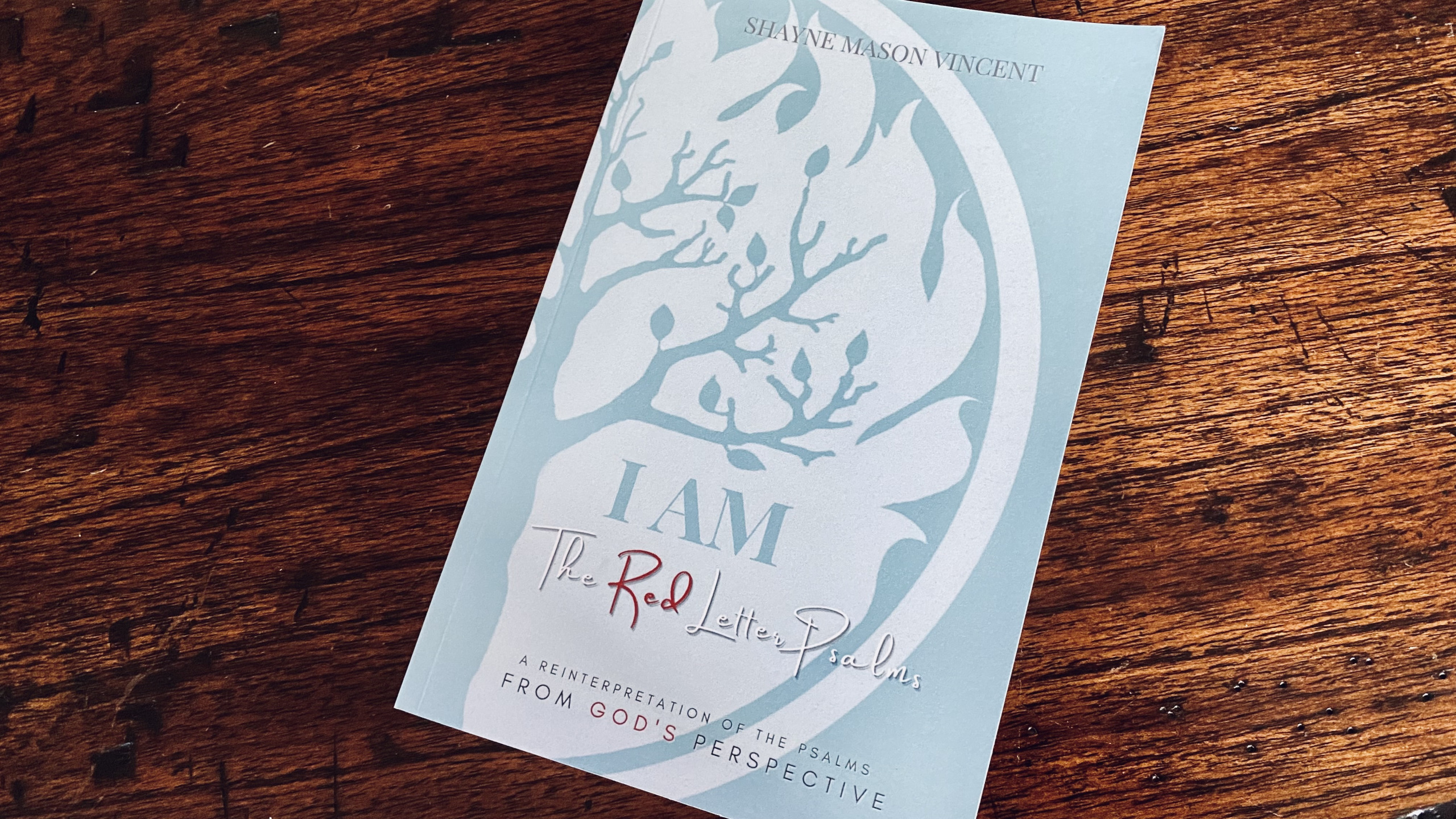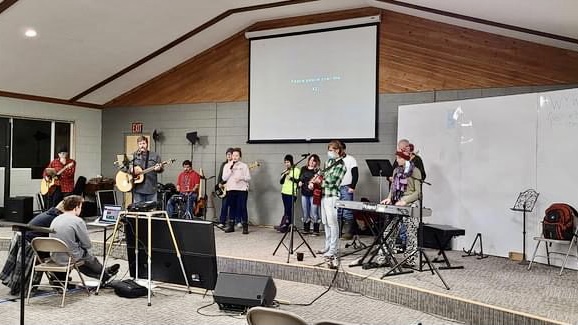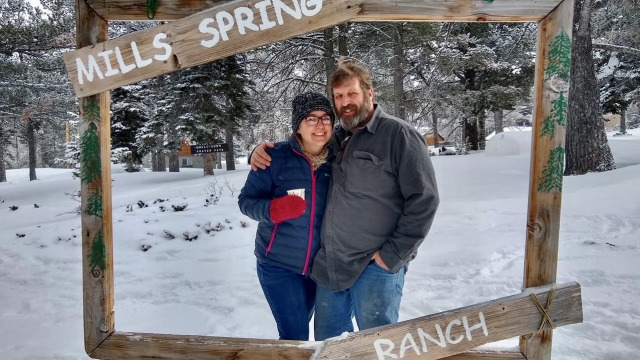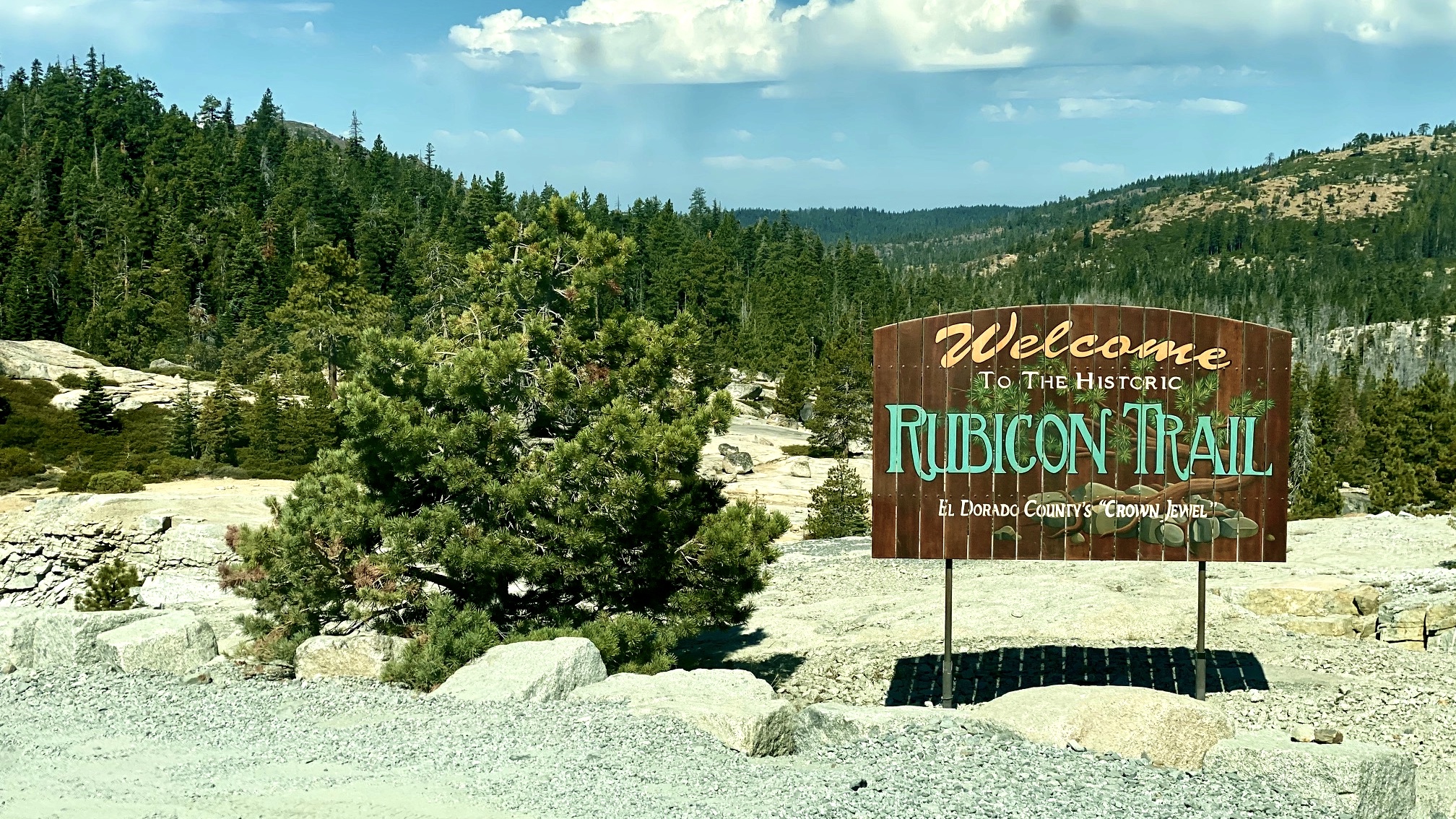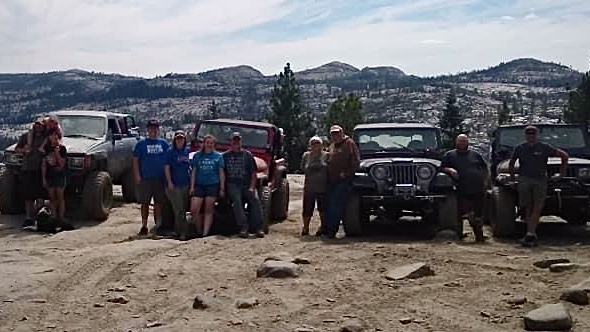First Advent
Does human nature ever change? Cultures certainly do. Culture is based upon region, necessity, beliefs, and creativity. But human nature is more about design. A product of both nature and nurture. Yet, after the garden, weeds grow naturally, and flowers take careful, Spiritual work. And so, while cultures may shift and change dramatically over time, the nature of human behavior remains essentially, cliché. As Solomon said, What has been is what will be, and what has been done is what will be done; there is nothing new under the sun (Ecclesiastes 1:9, CSB).
And so, in the vein of, nothing new, I have come to realize, typologically, the social issues before the first Advent, are nearly a mirror image of the second. For example, in the days of John the Baptist:
- God’s people were living under a pagan government. And the “civilized” metropolis of Rome, viewed Jerusalem as a rural backwater, a place of uneducated religious zealots.
- And, be it Rome or Jerusalem, rulers felt entitled to remain in power through corruption, indifferent to the poor who were scraping by under over-taxation, slavery, and injustice.
Under this social unrest, Judah’s leadership split into two extremes.
There was the Levite class of political rulers, the Sadducees, who had extremely liberal views. They scarcely believed the teachings of scripture, having become more interested in Greek philosophers than in the Word of God. They rejected the idea that the Creator could raise them from the dead. They didn’t even accept many of the miracles in Scripture as literal. Nor did they believe in the angels, the devil, or the Spirit. Hence, why their leader, Caiaphas, was more interested in justice for his nation, than in a “Spiritual” kingdom.
The second class of religious leaders were the Pharisees. They were non-Levite Rabbis who held extremely conservative views. Over time, their sect had become more devoted to obedience to the letter of the Word, than to the God of the Word. They were committed to earning their way into heaven through their scruples, elevating the traditions and beliefs of extra-biblical teachers in the Talmud to a place of equal authority with Scripture.
As a result, rebellion was fomenting in a desire to take their nation back for God or for glory. A longing for national greatness, like in the prosperous days of Solomon, or the Maccabees.
Second Advent
As you can probably deduce, the same issues swirling around John the Baptist, could be pulled out of modern Western headlines. Truly, there is nothing new under the sun. Now, in the days just before the Messiah comes a second time.
For all intents and purposes, God’s people have once again come under the authority of “foreign gods,” as it were, with Secularism. This anti-theistic child of the Age of Reason could fairly be described as a white-washed intellectual rebranding of paganism. A new form of religion based in the worship of the material world and human ego.
Under their plutocratic empire, the lust for power and money in global banking, corporations, and politics, has devastated not only our communities and families, but even the planet itself. And the common classes have basically become indentured servants, living under a steel fist in a velvet glove.
Just as with the Sadducees and Pharisees, the nations and their religious leaders, have become divided into two extreme polar opposites over cultural and moral issues. Each side becoming more and more entrenched in “their view” being the “only” acceptable view. The fierce sectarianism is fomenting of civil rebellion and anarchy.
Advent-ism
And so, it should come as no surprise then, that the prominent belief surrounding the coming of the Messiah at the first Advent was that—He would “fix everything.”
They wanted freedom from the Romans. They wanted prosperity. They wanted a piece of the pie. And so it is today. Whether it be Millennialism or Zionism,
Christianity has the exact same view as the Israelites who saw Jesus feed the five thousand:
They got into their boats and went to Capernaum looking for Jesus. When they found him on the other side of the sea, they said to him, “Rabbi, when did you get here?” Jesus answered, “Truly I tell you, you are looking for Me, not because you saw the signs, but because you ate the loaves and were filled. Don’t work for the food that perishes, but for the food that lasts for eternal life, which the Son of Man will give you (John 6:24-27, CSB).
They went “looking for Jesus.” It sounds so spiritual, doesn’t it? I imagine Jesus taking a deep sigh, his eyes getting large: He then essentially said, “You’re not coming to Me for deliverance from sin, you’re coming to Me for deliverance from want.” And, unfortunately, not much has changed. From the tree in the garden to the mark of the beast, we are besotted by, “things that perish with the using.”
Not even John the Baptist was immune to the desire for a “fix all God.” It’s why he sent his disciples to Jesus, asking, Are you even the One? Or should we look for another (Matthew 11:3,5, CSB). I can sympathize with John, struggling with imprisonment; wondering, “Why haven’t You delivered me? I am Your most faithful follower! I’m even Your relative! How can you truly be the Messiah if you can’t even fix such a simple need?” We all struggle with these same feelings when God doesn’t snap His genie fingers and make our lives better.
And just here is where we find the reason people have consistently rejected the Savior. Because we are all chasing after certainty. We all have bills. We all have dreams. We all have hopes for our children. And, of course, we always have those in power who want to remain in power. Because, at our core, we all long for stability, purpose, and control. These are largely legitimate needs after all. Jesus’ promises of certainty are too esoteric. We want bread. We need bread! We all want paid mortgages. We all want national stability. We all want to live our “Best Life, Now.”
Adventism
All this is not to say that God is indifferent to our needs. He has always provided for His people. There are scores
of Bible stories dedicated to this reality. But what I am saying, is that when we make an idol out of seeking bread, our faith is out of order. As Jesus said, Do not consume yourselves with questions like: What will we eat? What will we drink? What will we wear? Outsiders make themselves frantic over such questions; they don’t realize that your heavenly Father knows exactly what you need (Matthew 6:31-32, Voice).
Even John had to learn this lesson when his disciples got back to his cell and shared how Jesus had, “healed people, and set them free through the Gospel.”
It must have been a horse pill to swallow. Jesus hadn’t come to fix the world. He came to save us from sin! I imagine John must have deeply reflected on his previous words to his disciples as his day of execution neared:
You yourselves are my witnesses that I said, ‘I am not the Messiah, but I have been sent ahead of Him. The bridegroom is the one to whom the bride belongs; but the bridegroom’s friend, who stands by and listens, is glad when he hears the bridegroom’s voice. This is how my joy is made complete. He must become more important while I become less important (John 3:27-30, GNT).
John recognized that he was not the message; he was only the messenger.
Because the certainty the world needed wasn’t found in John the Baptist; it can be found only in Jesus. John was the best man, not the Groom. And so, he concluded, “He must increase and I must decrease.”
And so, if we as “Adventists” truly want to play a typological role like the Baptizer, as an, … urgent, thundering voice shouting in the desert—clear the way and prepare your hearts for the coming of the Lord! (John 1:23, TPT), then, just as John, we must accept that we are not the message; we are only messengers. Meaning, Advent-ism is not the groom. We are only here to point people to the hope found in our soon returning Savior! Which is, in all irony, the first angel’s message:
Then I saw another angel flying overhead, with the eternal gospel to proclaim to those who dwell on the earth—to every nation and tribe and tongue and people (Revelation 14:6, BSB).
So, let our joy become full as we stand aside, and say with John: Jesus must increase, and Adventism must decrease. Let Jesus increase in our pulpits! Let Jesus increase in our schools! Let Jesus increase in our hospitals! Let Him increase in our conferences! Let Him increase in our missions! And let the Love of God increase in our fellowship and homes! Because what the world needs isn’t another religion, what the world needs is the Father, the Son, and the Spirit, living within their reborn souls.
Shayne Vincent Mason is pastor for the Florida Conference in Daytona Beach, Florida. He received a Master of Social Work degree from Andrews University and has many years of experience as a therapist in hospice, marriage and family, and addictions. He is the author of the book The Red Letter Psalms. Email him at: [email protected]

